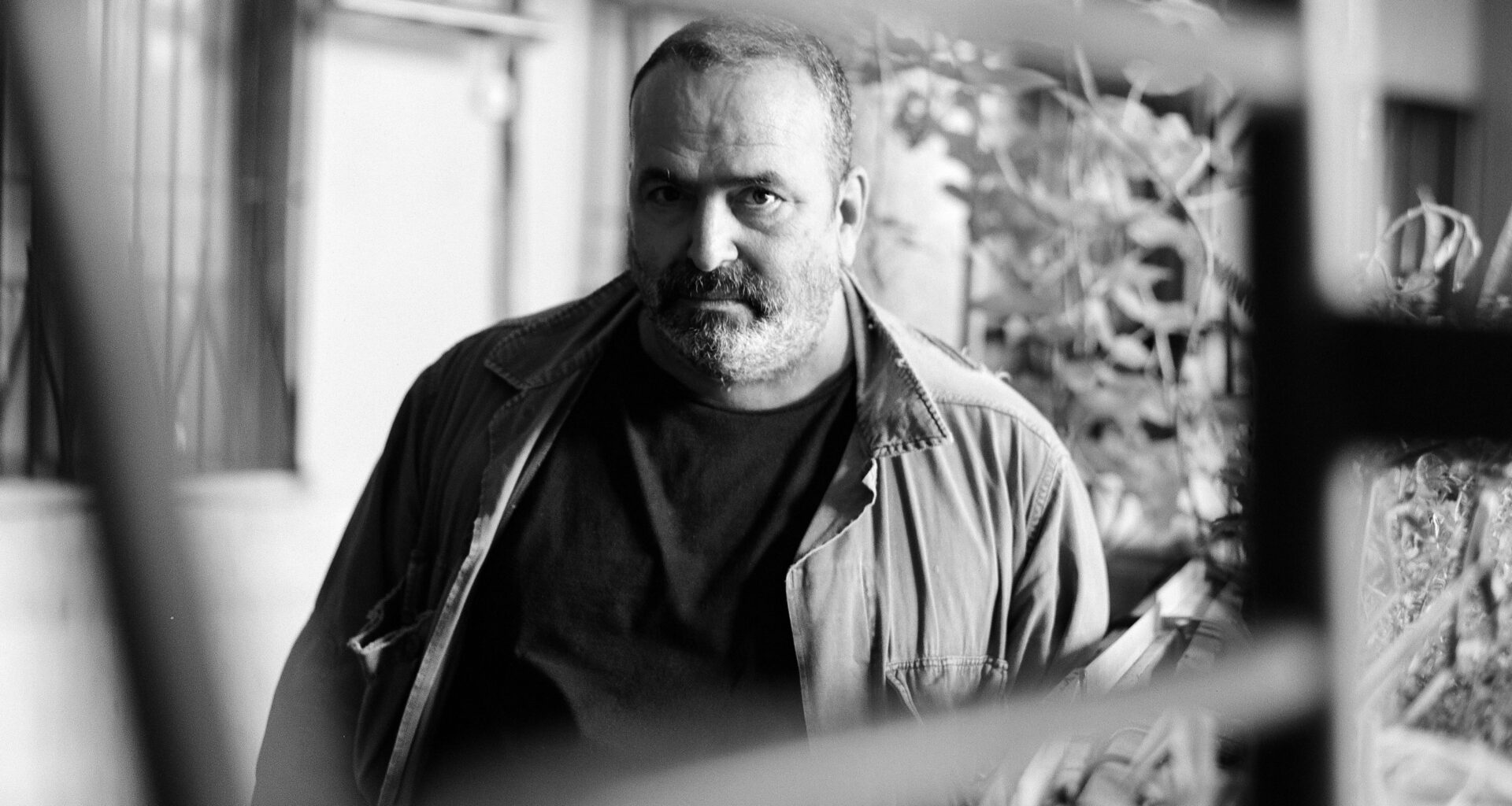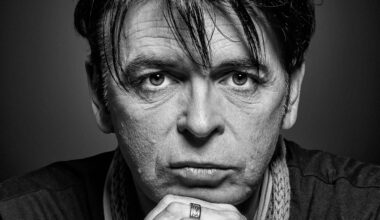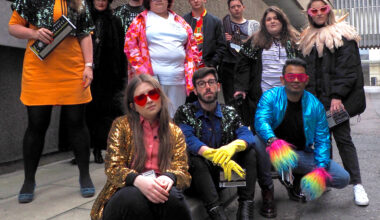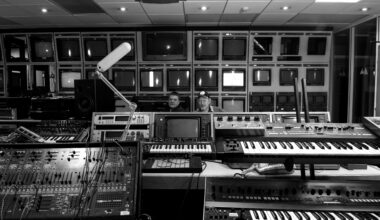Gigi Masin may now be lauded as an ambient pioneer, but he has only ever followed his heart. Having recently released his new album, ‘Vahinè’, he reflects on how living with love, loss and the sea has shaped his music
Want to read more?
Sign up to Electronic Sound Premium to gain access to every post, video, special offers, and more. 100%, all you can eat, no commitment, cancel any time.
Already a premium member? Log in here






